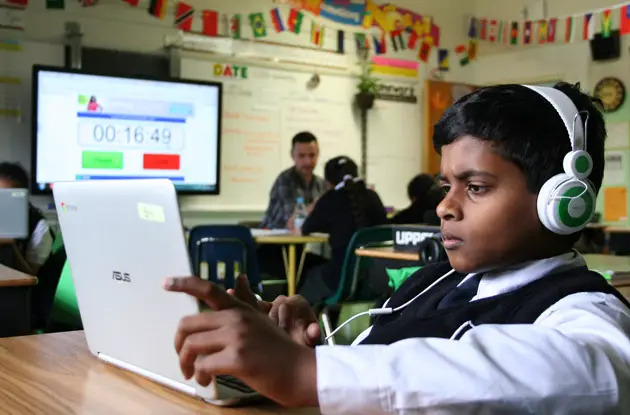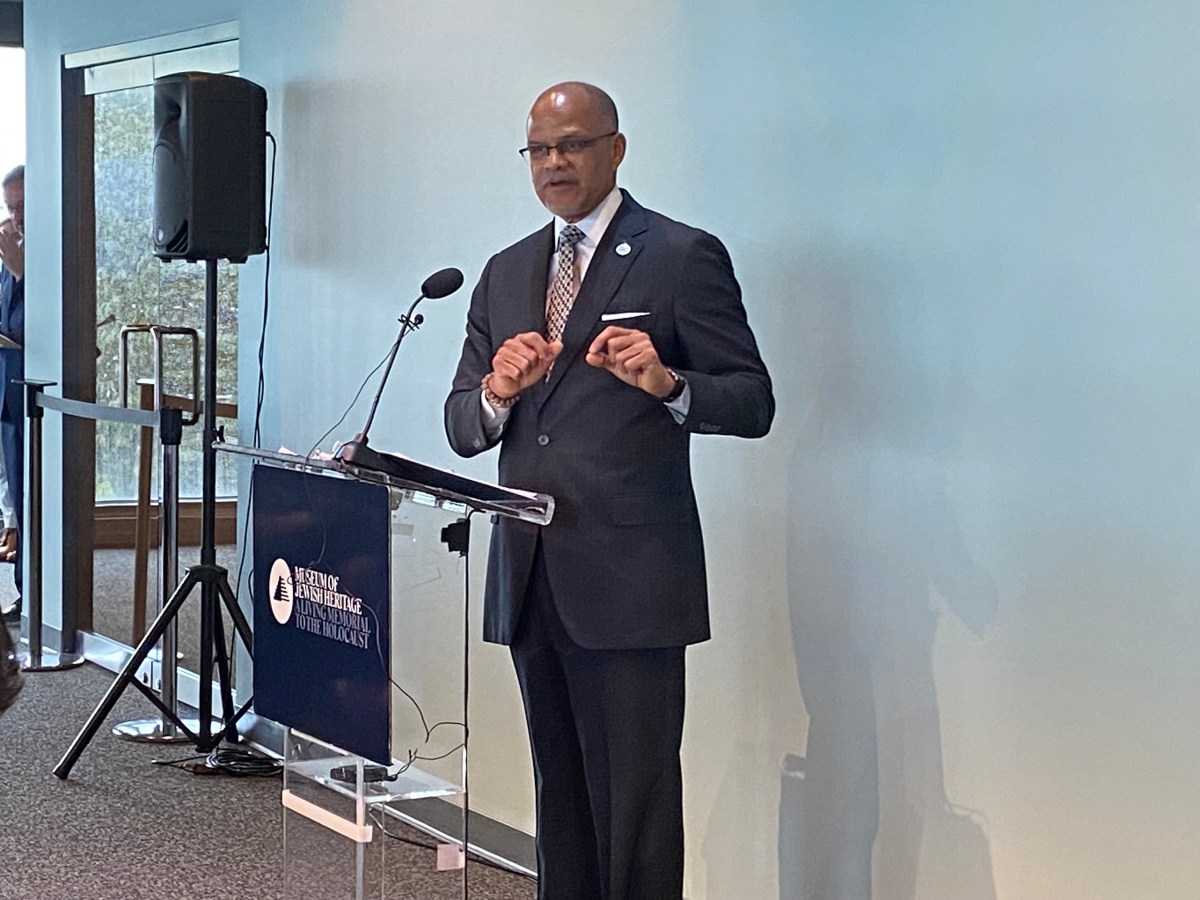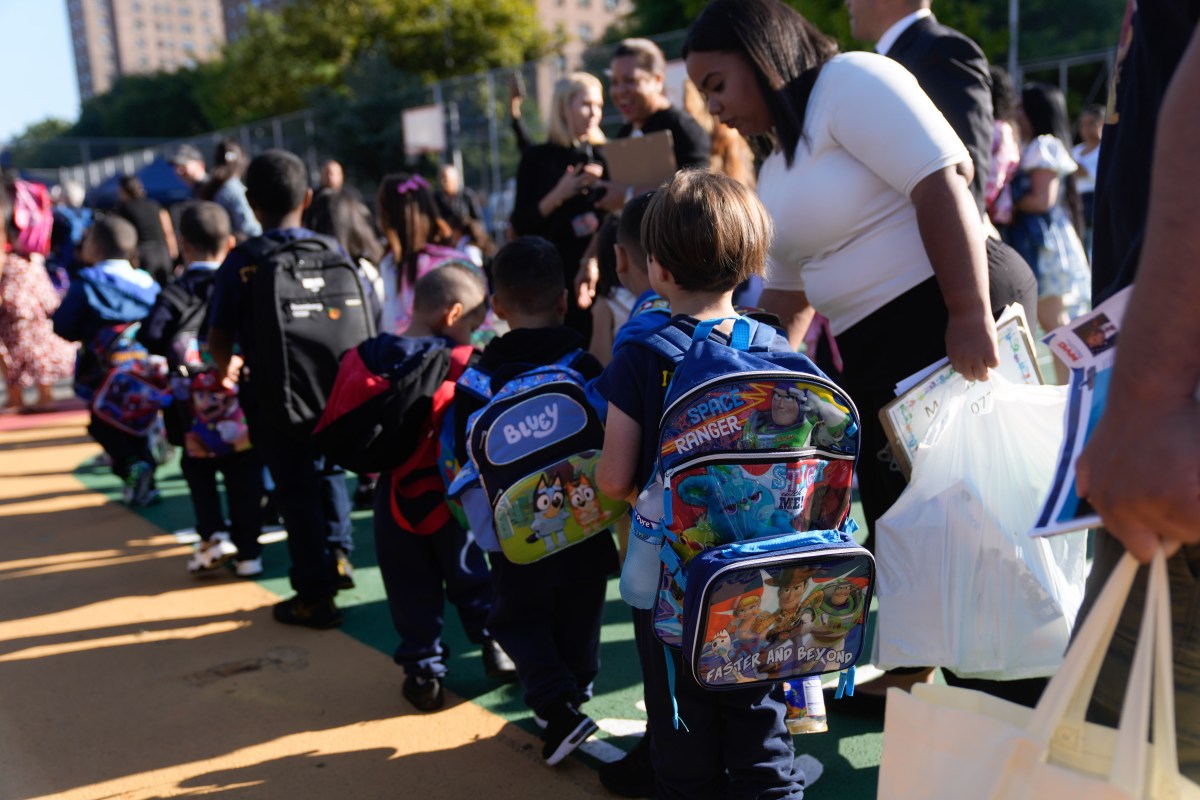
New York Schools Refuse to Drop DEI Programs Despite Trump Administration’s Funding Threats
In a bold move, New York State has told the Trump administration it will not comply with a new directive to end Diversity, Equity, and Inclusion (DEI) programs in public schools. The threat to cut federal funding has sparked a big debate about the future of DEI in schools and what it means for families, especially here in New York City.
NY Stays Strong on DEI Policies
On April 3, 2025, the Trump administration announced it wanted all K-12 schools to certify that they’re not using DEI programs in ways that could be seen as discriminatory. The new rule asks schools to prove they’re following civil rights laws and not using DEI programs to favor one group over another. Schools were given just 10 days to comply, with the threat of losing crucial federal funding, including Title I funds that support low-income schools. This new threat follows the Trump administration’s promise to close down the Department of Education.
But New York State isn’t backing down. In a letter to the U.S. Department of Education, state officials said they don’t believe the federal government has the legal authority to make these demands. Daniel Morton-Bentley, a top official at the state’s Department of Education, pointed out that there are no laws stopping DEI programs, and the state has already confirmed its compliance with Title VI of the Civil Rights Act of 1964, which bans discrimination based on race, color, or national origin.
Psst… Check Out Summer Rising 2025: Apply Now for Free Summer Program for NYC Students
Morton-Bentley made it clear: New York schools are already following the law, so no further certification will be provided. “We understand that the current administration seeks to censor anything it deems ‘diversity, equity & inclusion,’” Morton-Bentley wrote. “But there are no federal or state laws prohibiting the principles of DEI.”
Morton-Bentley isn’t the only New York official to stand up to recent federal orders. Earlier this year, NYC Schools Chancellor Melissa Aviles-Ramos reaffirmed the district’s commitment to providing a safe and supportive environment for LGBTQ+ students, despite recent executive orders from the Trump administration.
Trump’s Shift on DEI Leaves Schools Confused
This isn’t simply a political issue; it’s causing a lot of confusion. The Trump administration’s sudden shift in policy actually goes against what was said during the first Trump term, when then-Secretary of Education Betsy DeVos said diversity and inclusion were important for schools’ success. So why the change? State officials, including Morton-Bentley, argue the federal government hasn’t explained why it’s shifting its stance on DEI and that the new order is a misunderstanding of the law.
For many, this move feels like the federal government is trying to control how schools run, which goes against the idea that education should be decided at the local level. Some see it as unnecessary, especially when it comes to DEI, which is seen as crucial for building more inclusive and fair learning environments.
Losing Federal Funding Could Affect NYC Families
For families in New York City, the battle over DEI has real, everyday consequences. NYC schools are some of the most diverse in the country, and DEI programs are a key part of making sure all students, regardless of their background, feel included and supported. For many parents in the city, DEI initiatives not only help create a welcoming environment but also address disparities and ensure that every child has the same opportunities to succeed.
If New York state were to lose federal funding as a result of refusing to comply with the Trump administration’s order, it could seriously impact schools, especially those in low-income neighborhoods. Title I funds are a major source of financial support for these schools, and cutting that money could make inequalities worse and hurt the students who need those resources the most.
Right now, New York schools are holding their ground, and state leaders are still pushing for a more inclusive and fair education system.














